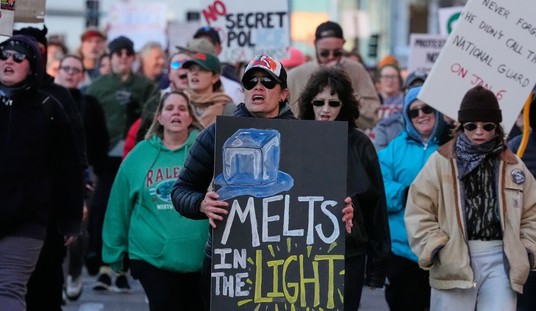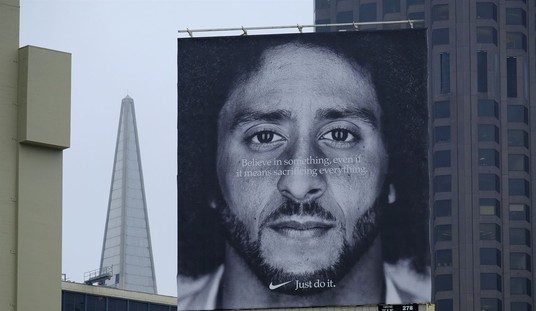There’s been an update to the story which John covered last night dealing with CBS deceptively editing an interview with Bill Clinton about his wife’s fainting episodes. For those who missed this moment of perceived media bias, the short version is that Bill gave an answer to Charlie Rose which seemed to contain some relevant information regarding Hillary Clinton’s health. In the original interview, when asked about her fainting spells he said, ““Frequently — well not frequently, rarely, on more than one occasion, over the last many, many years, the same sort of thing’s happened to her…”
That’s the original version which everyone saw. But when the same story was covered on the evening news, Clinton’s answer was mysteriously shortened so the sentence began with, “Rarely, on more than one occasion, over the last many, many years…”
Needless to say, the implications were rather obvious for many observers. In response to John’s piece, Richard Huff, Executive Director of Communications at CBS, supplied us with the following (unedited) statement.
The clip in question from former President Clinton’s interview with Charlie Rose ran in its entirety on CBS THIS MORNING, CBSNews.com and on CBSN, CBS News’ 24/7 digital streaming news service. One clip that ran on CBS Evening News was edited purely for time while on deadline for the live broadcast.
I didn’t add any emphasis because I don’t want to distill the CBS response in any way. That’s what we were given. And there is no apology contained in the statement… it’s just a claim that Clinton’s answer was “edited purely for time.” With the official response out of the way, allow me to interject a single follow-up question. Are you kidding me?
It was a fairly lengthy interview and they used a good bit of it in the report. The total amount of time they saved in the editing process by removing those four words was less than three seconds. And even if we were to believe that there was a pressing need to shorten the segment by two and a half seconds, speaking as someone who’s had to be involved in segment editing in the past, this defies credibility. You shorten a segment by removing questions and answers which don’t provide enough impact to the story. If you are going to edit a particular response, you might cut out the end of an answer when the subject begins wandering off into unrelated material or pausing too long to gather their thoughts. You don’t clip out the beginning of the answer when the subject is directly addressing the question being asked and (in this case) providing what would obviously be some explosive and relevant information.
Granted, everything that Huff said in his response is accurate. The full answer did air in other shows. But the one where they chose to clip it was the CBS Evening News. You know… the sterling standard for journalism where busy people who can’t watch cable news all day supposedly go for the most important information? Sorry, Richard, but we’re not buying it.
This episode is disturbingly similar to when CNN Headline News blurred out the New Jersey hero’s Trump t-shirt. We can’t definitively conclude that it’s company-wide policy, but somebody in the organization made the decision to do that and it’s a decision which happened at a point in the chain of command where it made it onto the air. This applies to both the CNN and CBS incidents, but the difference is that CNN actually apologized for it and called it an error in judgement. CBS is apparently going to stick to their guns and claim that this was just a technical issue. To say the explanation strains credibility is an understatement.









Join the conversation as a VIP Member